Breakfast is often considered the most important meal of the day, and many people choose foods that seem healthy at first glance. However, not all breakfast options are as nutritious as they appear. Some of these foods can be high in sugar, unhealthy fats, or hidden calories, making them less beneficial for your health.
Here are eleven common breakfast foods that may not be as healthy as you think.
1. Pastries
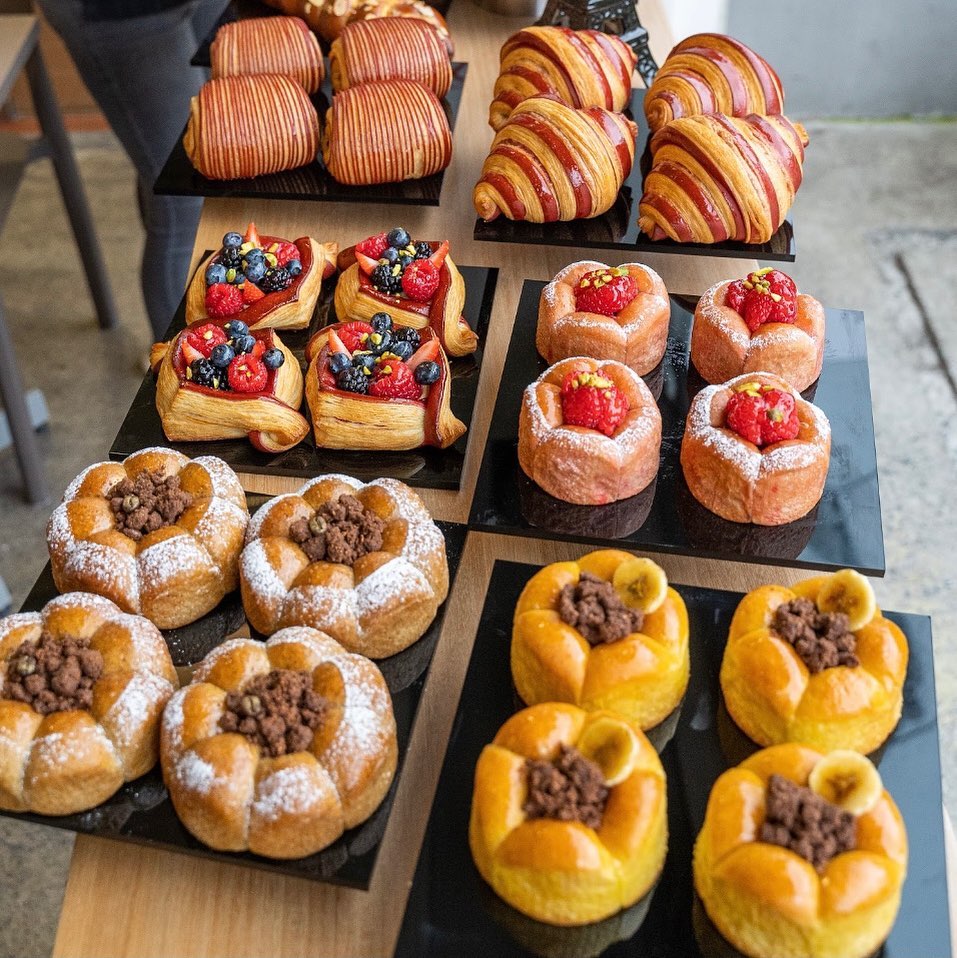
Croissants, Danish pastries, and cinnamon rolls are often seen as indulgent breakfast treats, but they are typically made with refined flour, unhealthy fats, and large amounts of sugar. This combination makes them calorie-dense with minimal nutritional value.
These baked goods can cause a rapid spike in blood sugar, leaving you feeling hungry shortly after eating. For a healthier option, consider choosing whole-grain alternatives or breakfast choices like oatmeal, which provide a better balance of fiber and nutrients to keep you satisfied throughout the morning.
2. Flavored Yogurt
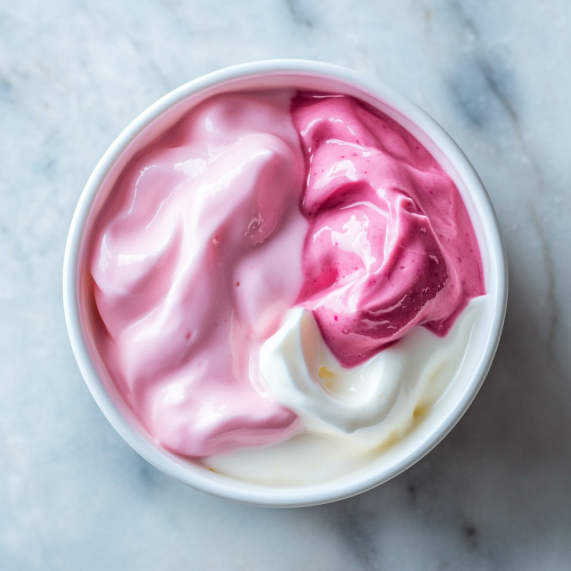
Although often chosen as a quick and healthy breakfast, flavored yogurt typically contains high amounts of added sugars and artificial flavorings. Many brands include sweeteners to enhance taste, which can increase the sugar content to levels comparable to candy.
While yogurt can be a great source of protein and probiotics, flavored varieties can cause blood sugar spikes, leading to overeating later in the day. For a healthier option, choose plain or Greek yogurt and add fresh fruit or a small drizzle of honey for natural sweetness.
3. Smoothie Bowls
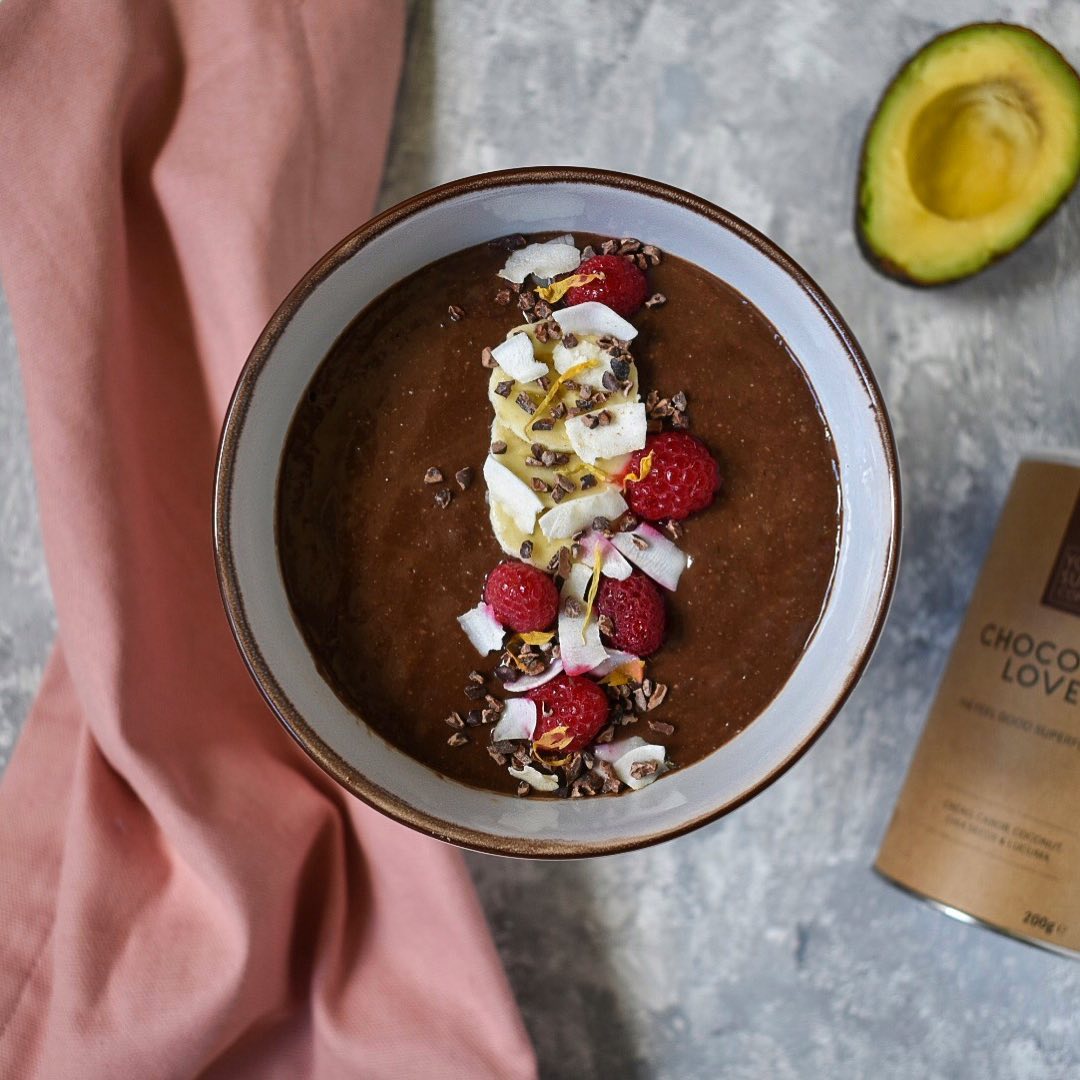
Often marketed as a healthy breakfast choice, smoothie bowls can actually be packed with hidden calories. The base of these bowls is typically made from fruit purees, which can be high in sugar, and the toppings often include granola, honey, or chocolate chips.
While these ingredients may seem wholesome, they can quickly turn a nutritious smoothie into a calorie-dense meal. For a more balanced option, try a simple smoothie made with whole fruits, vegetables, and a protein source like yogurt or nut butter to keep the sugar content lower.
4. Cereal
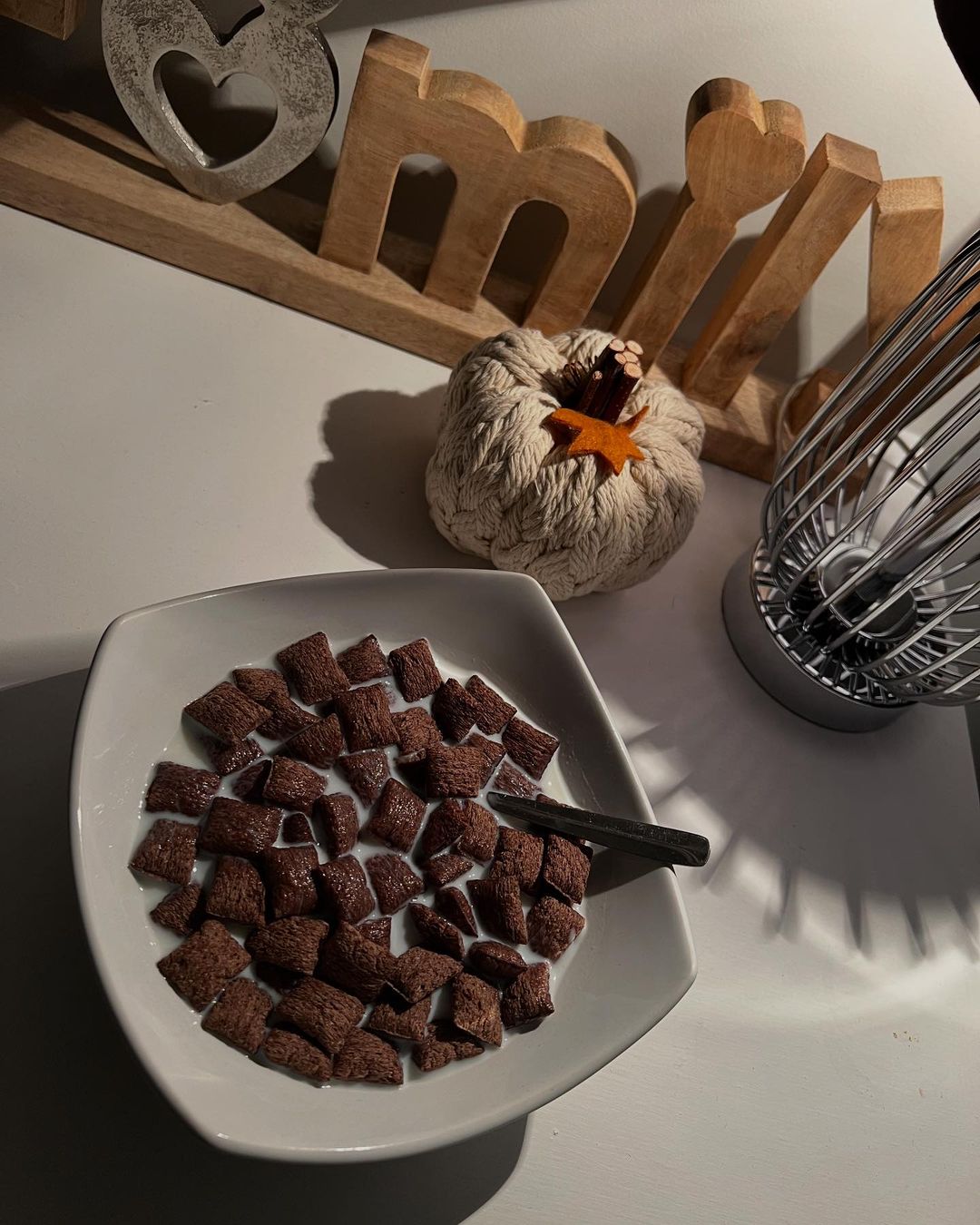
A classic breakfast food, many popular cereals are packed with sugar and refined grains. Even those that claim to be “whole grain” often contain processed ingredients that can cause a spike in blood sugar levels.
Additionally, many cereals provide little protein, leaving you feeling hungry shortly after breakfast. To stay fuller for longer, choose cereals with minimal added sugar, high fiber content, and a source of protein, such as oats or whole wheat.
5. Muffins
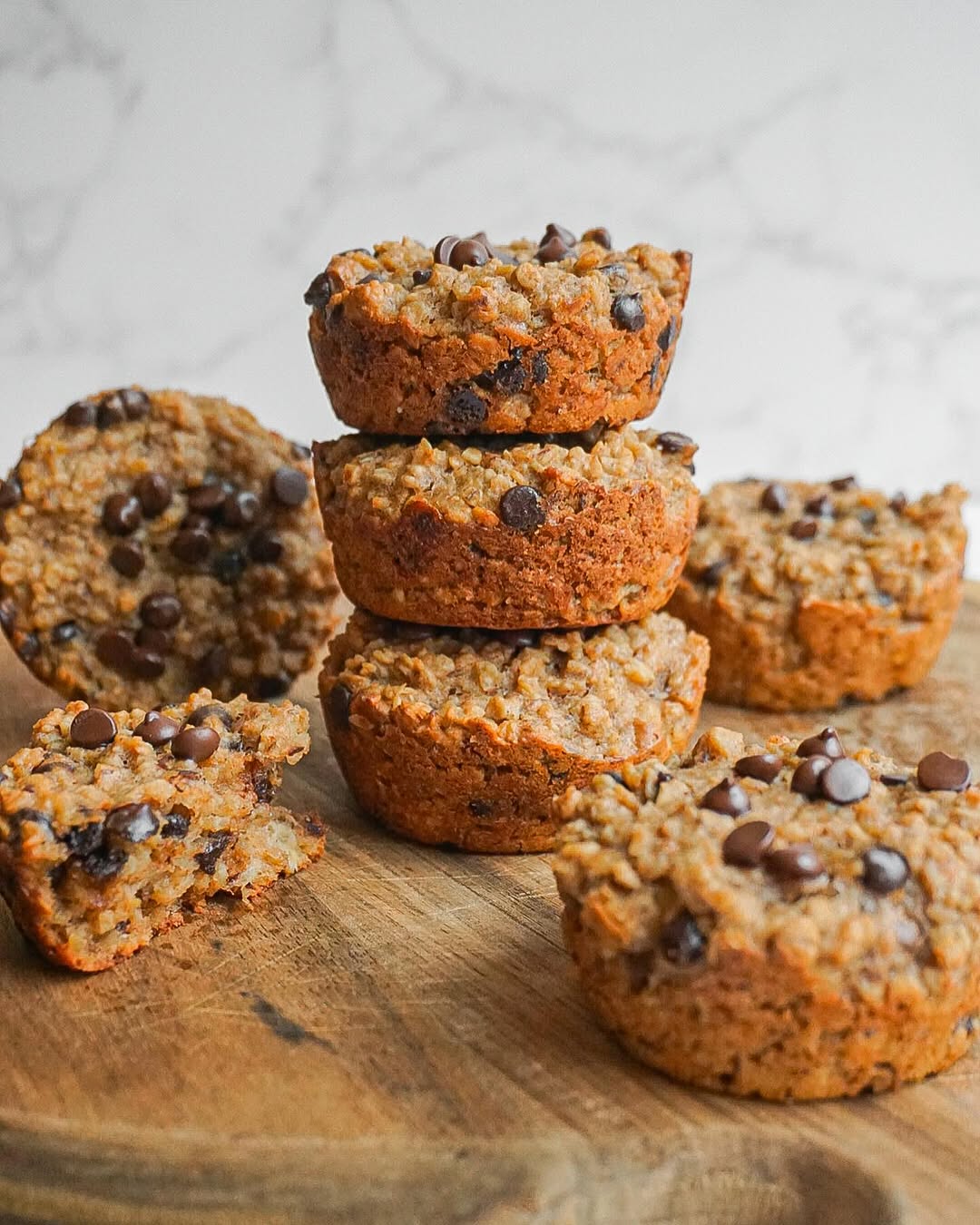
Often seen as a healthier alternative to pastries, muffins can be just as sugary and calorie-laden. Even though some varieties contain fruit or whole grains, they are often made with refined flour and loaded with added sugar.
Many store-bought muffins also contain unhealthy oils and preservatives, making them a less-than-ideal breakfast choice. For a healthier option, try homemade muffins made with whole wheat flour, minimal sugar, and healthier fats like olive oil or avocado.
6. Bagels
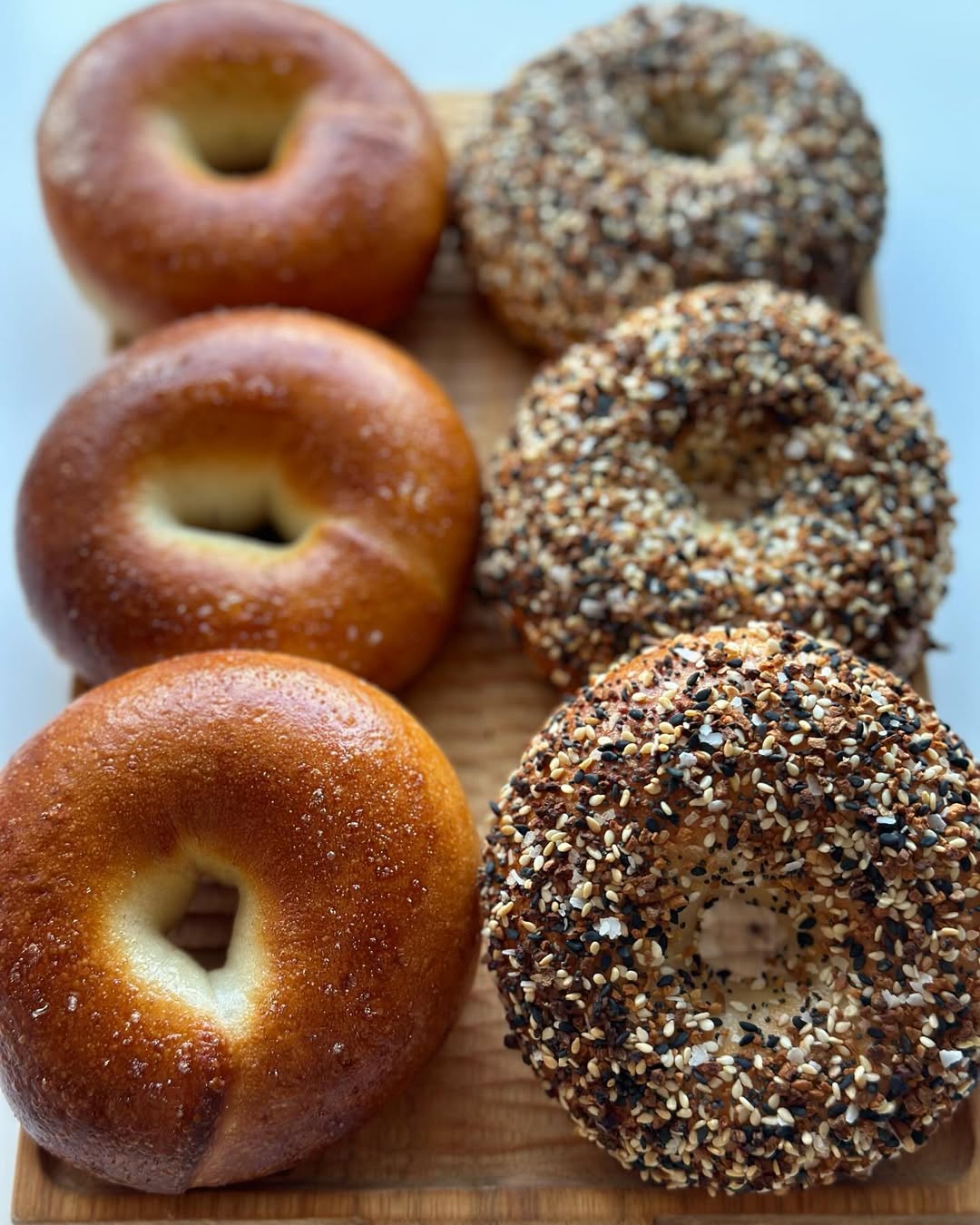
Often considered a filling breakfast option, bagels are typically made from refined flour and contain few nutrients. A plain bagel can have more calories than a croissant and is often low in protein, leaving you hungry before lunchtime.
When topped with cream cheese or butter, the calorie count can increase significantly. To make bagels a healthier choice, opt for whole grain or sprouted grain varieties and pair them with lean protein or healthy fats for a more balanced meal.
7. Pancakes
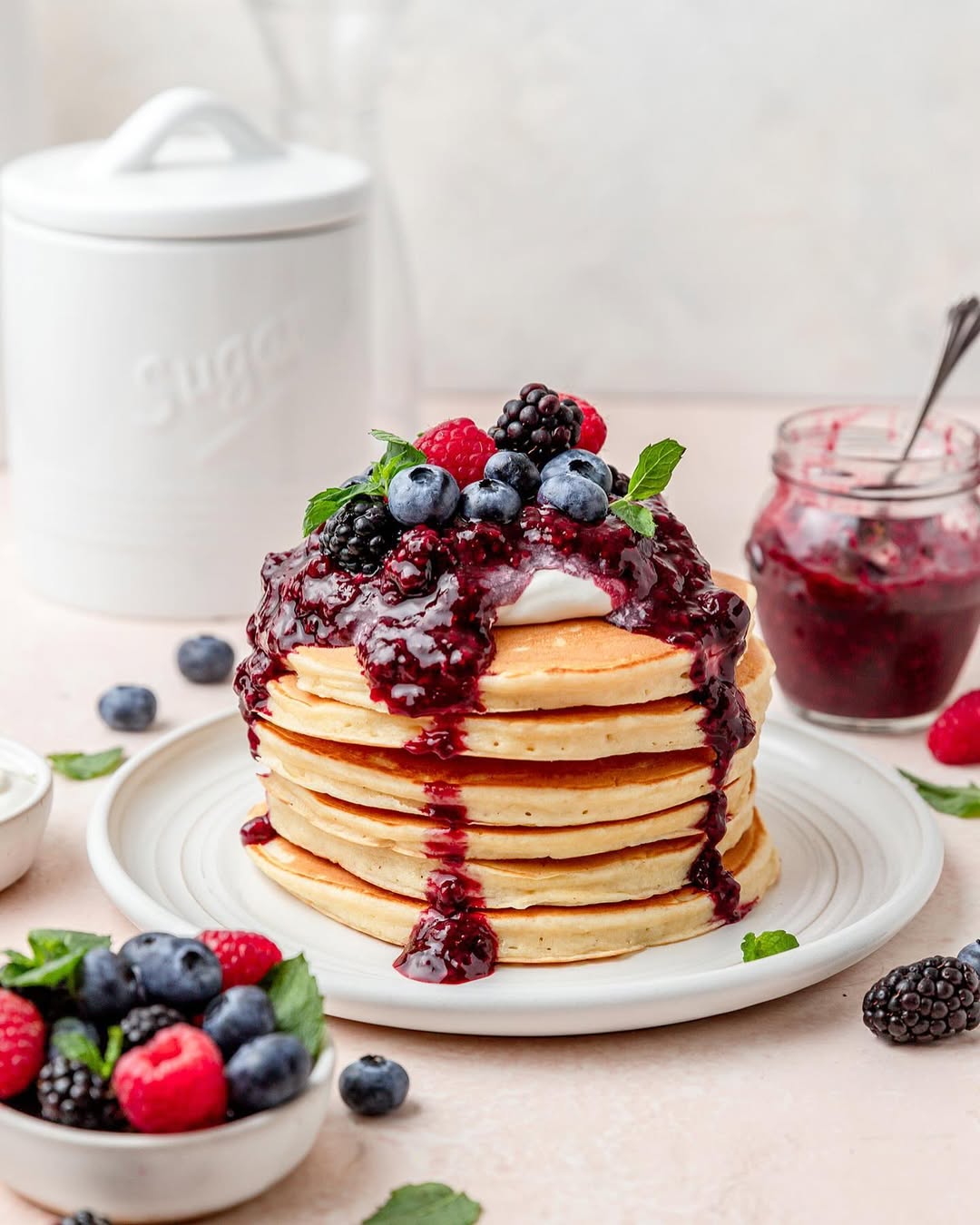
A favorite breakfast food for many, pancakes made with white flour and sugar are far from nutritious. Although they can be served with fruit or syrup, pancakes are typically high in refined carbohydrates, which can lead to blood sugar spikes.
Toppings like butter and syrup can add even more calories to the meal. For a healthier version, try using whole grain flours, reducing the sugar in the batter, and topping with fresh fruit or a small amount of pure maple syrup.
8. Fruit Juices
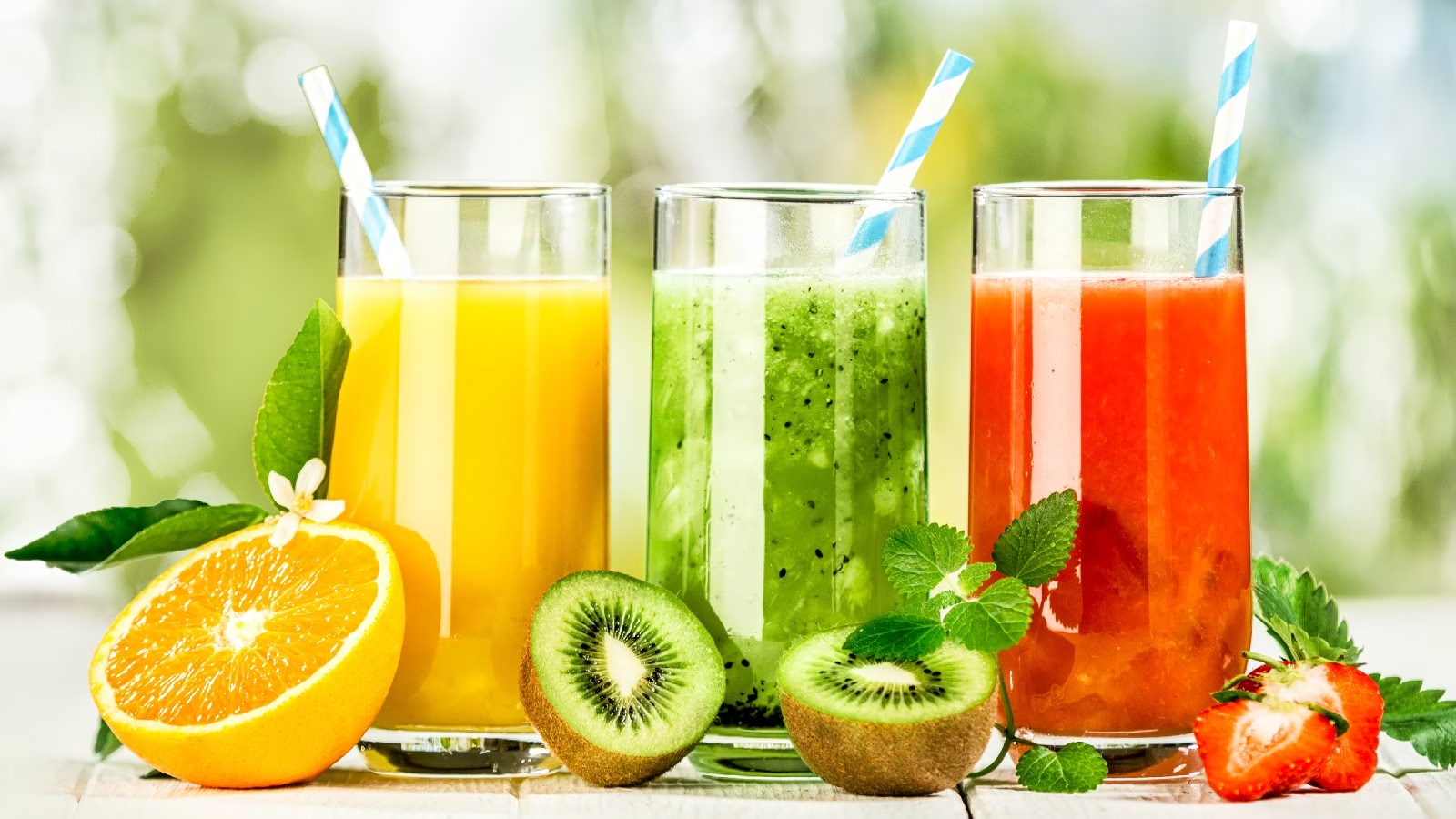
While fruit juices may seem like a great way to start the day, they are often high in sugar and low in fiber. Even 100% fruit juice can cause a rapid increase in blood sugar levels because it lacks the fiber that whole fruits provide.
Store-bought fruit juices may contain added sugars, preservatives, and artificial flavors. Instead of juice, opt for a whole fruit, which provides more fiber and a slower release of sugar into the bloodstream.
9. Energy Bars
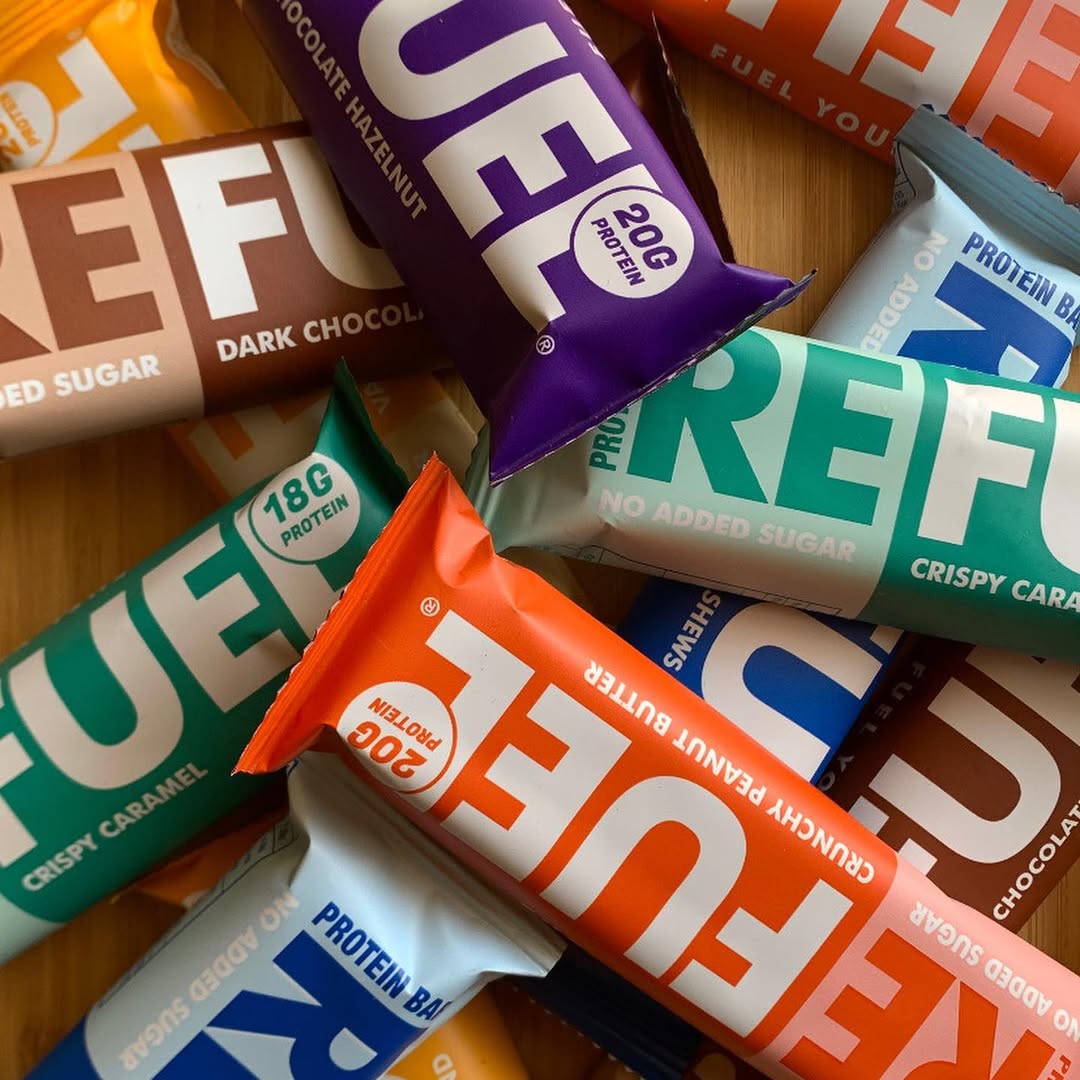
Marketed as a convenient and healthy breakfast option, energy bars are often packed with sugar, preservatives, and unhealthy fats. While they may provide a quick energy boost, they typically offer little in terms of long-term nutrition.
Many commercial energy bars are closer to candy bars than real health foods. For a better alternative, consider making your own energy bars using whole ingredients like oats, nuts, and seeds.
10. Breakfast Sandwiches
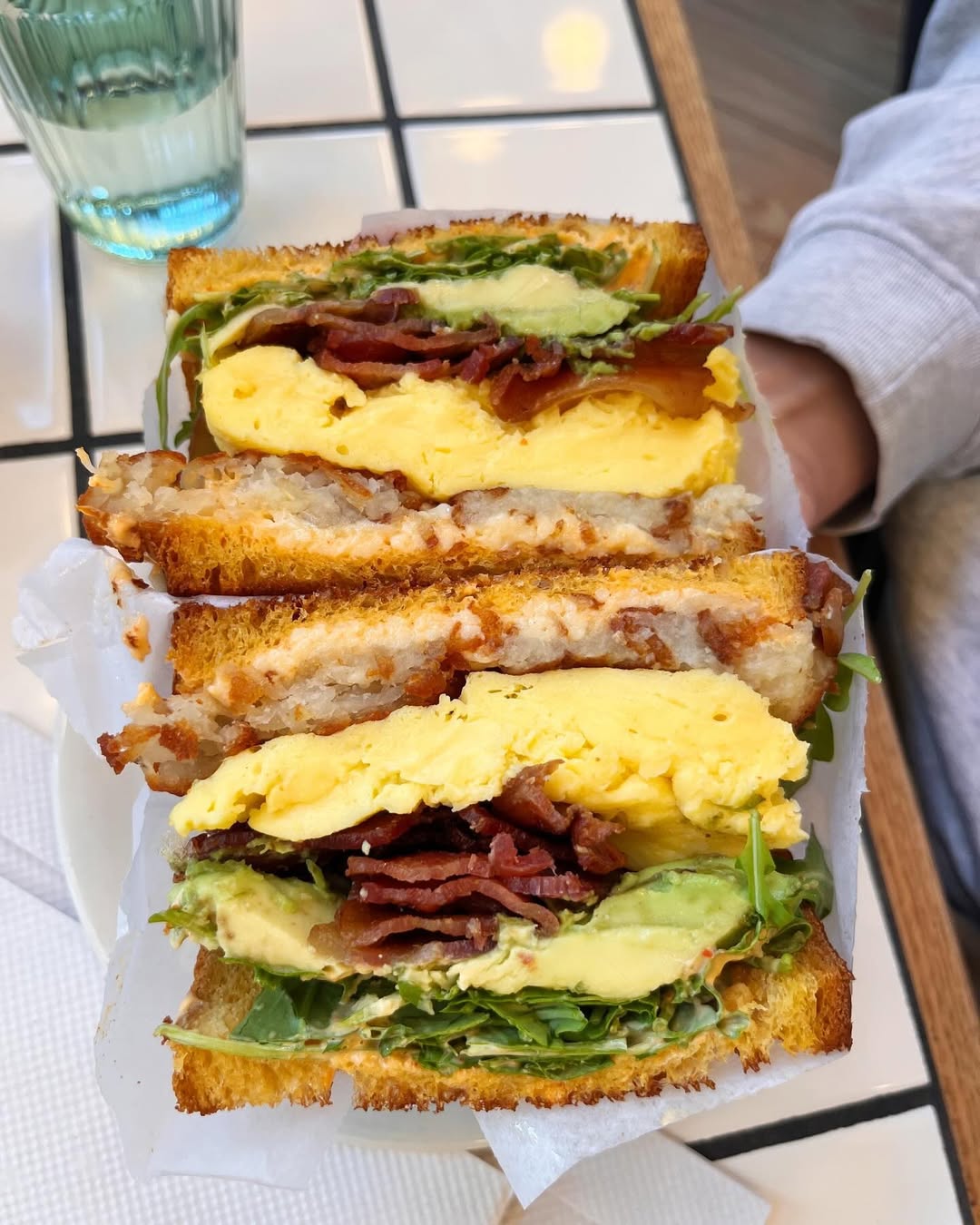
Especially those sold at fast food chains or cafes, breakfast sandwiches can be loaded with unhealthy fats, refined carbohydrates, and sodium. The bread, sausage or bacon, and cheese contribute to the high-calorie content, while the protein may be processed or contain added preservatives.
While breakfast sandwiches can be filling, they’re not always the healthiest choice. For a better option, try making your own sandwich using whole-grain bread, lean protein like turkey or eggs, and adding plenty of vegetables.
Leave a comment